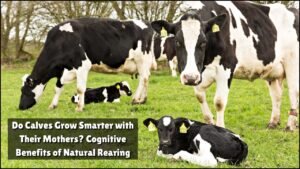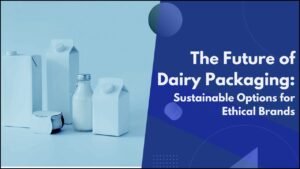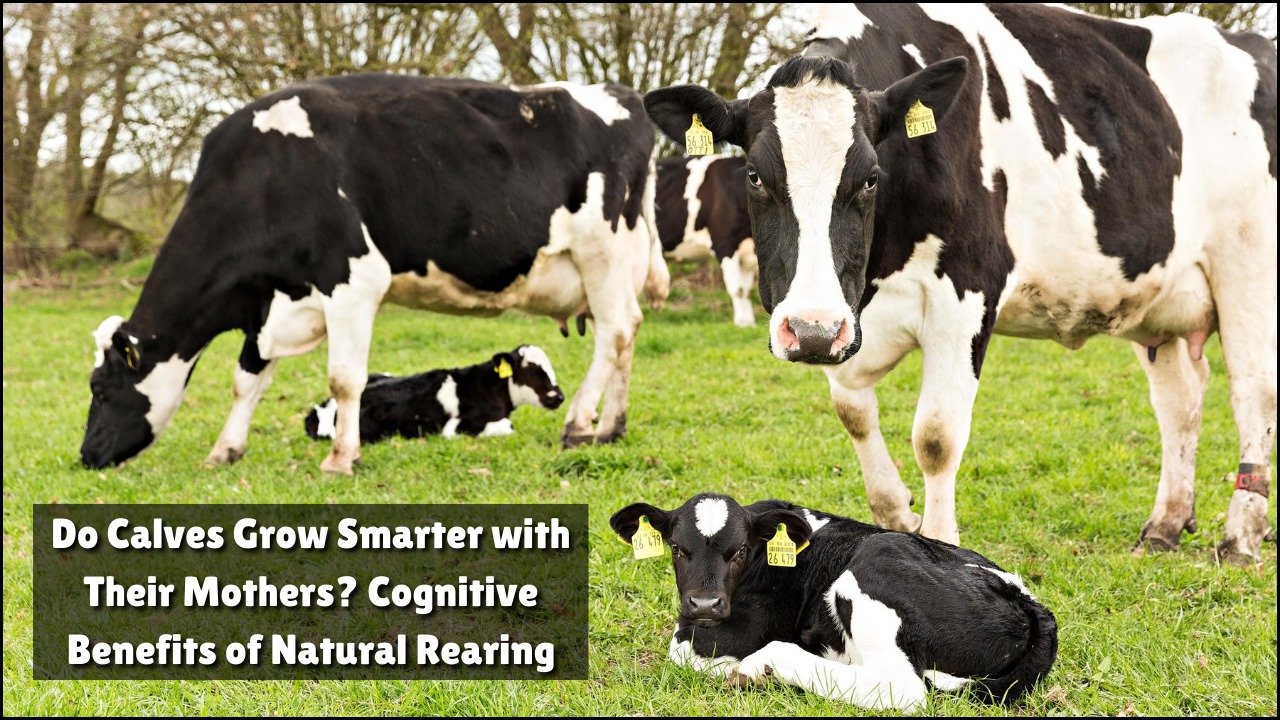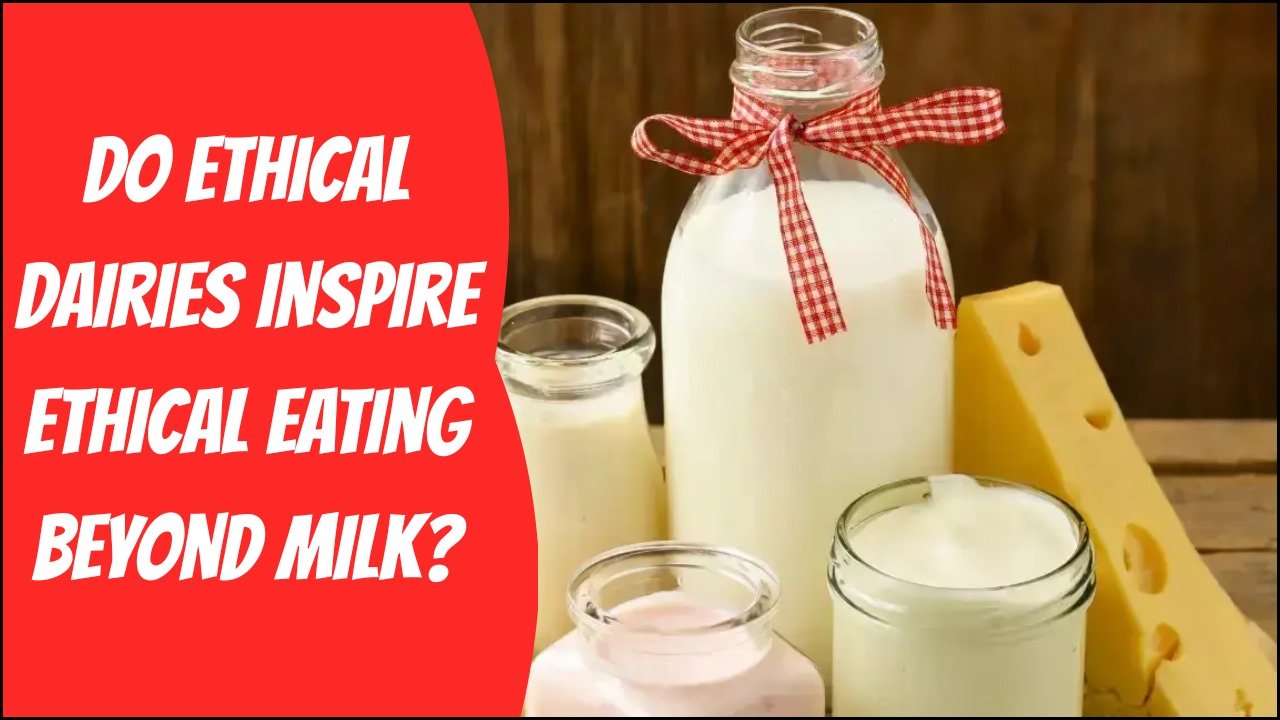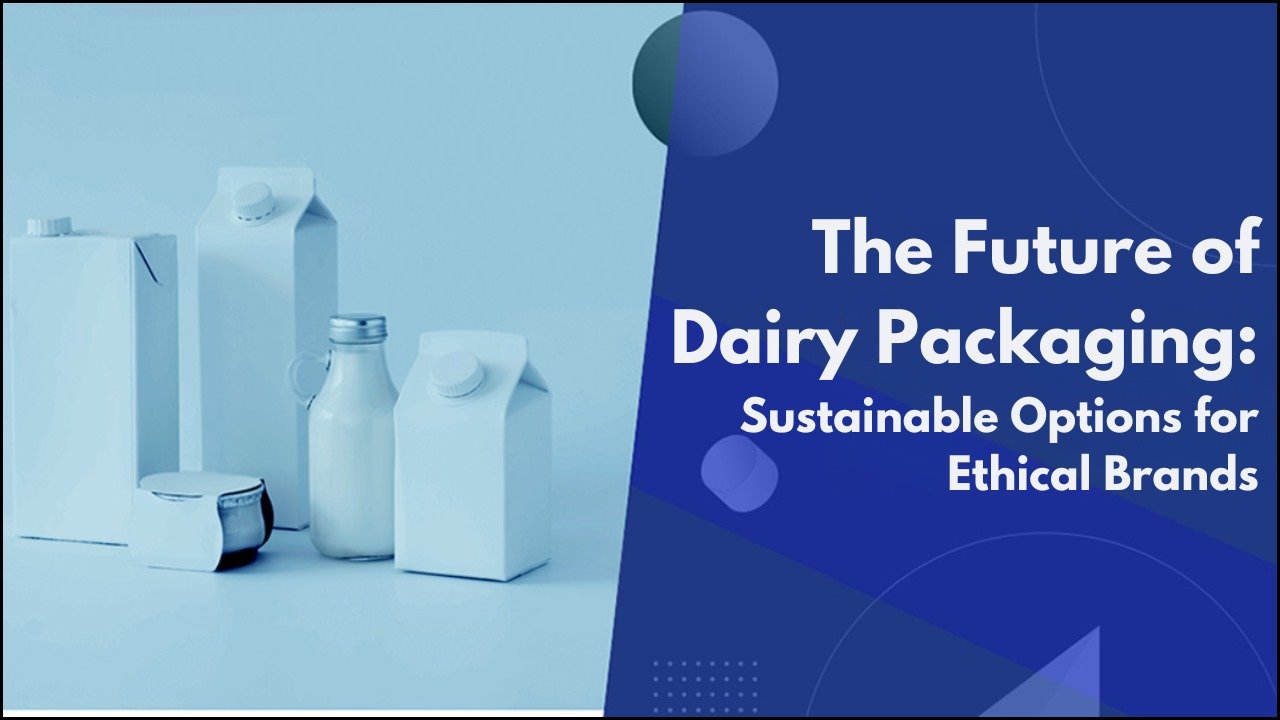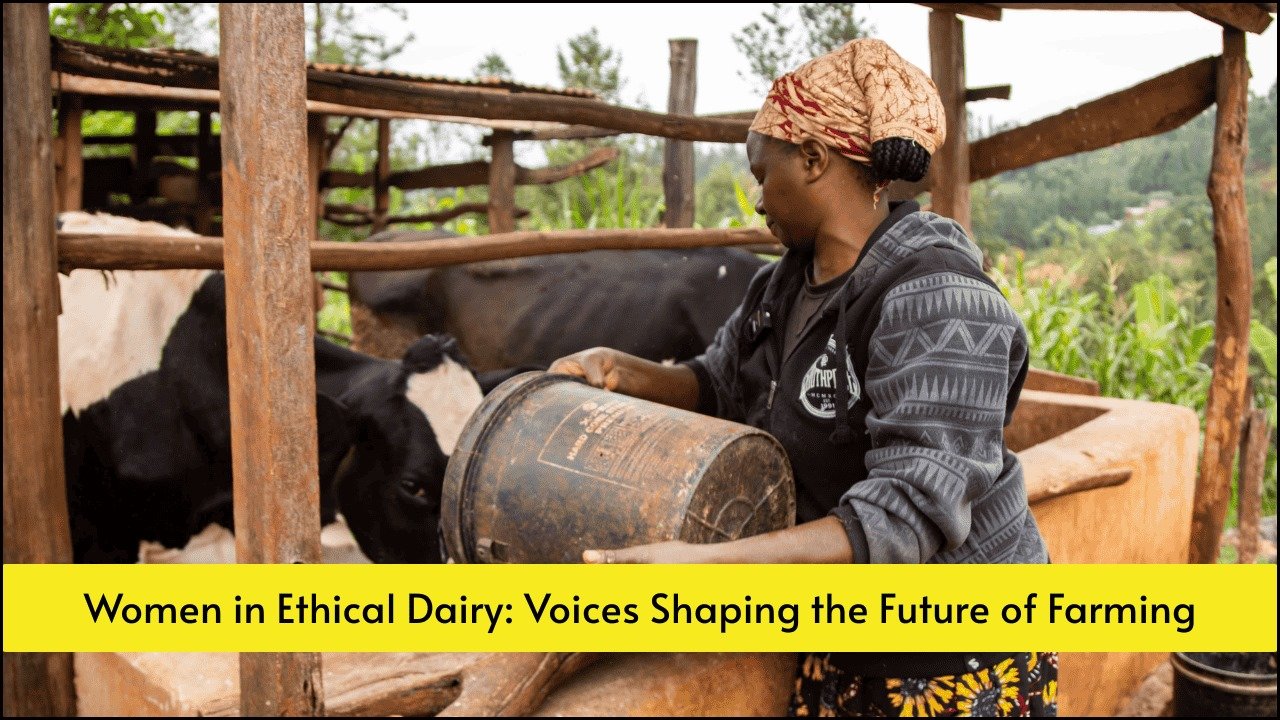
In today’s food market, consumers are more informed and demanding than ever before. They want to know where their food comes from, how it is produced, and whether it aligns with their values. For ethical dairy brands, building trust through transparency has become a key differentiator — and digital farm logs are proving to be one of the most effective tools for doing so.
Table of Contents
Overview
| Aspect | Role of Digital Farm Logs | Benefit to Ethical Dairies |
|---|---|---|
| Animal Welfare | Health & care records | Builds consumer confidence |
| Sustainability | Soil & grazing data | Shows eco-friendly practices |
| Transparency | Verifiable logs & metrics | Differentiates from competitors |
| Retail Partnerships | Data sharing with stores | Secures premium shelf space |
Consumer Trust in Ethical Dairy Brands
Modern consumers value honesty and traceability. Shoppers in premium food markets often pay higher prices because they want assurance about animal welfare, sustainability, and environmental practices. Digital farm logs — detailed, real-time records of farming activities — provide evidence-based transparency that goes beyond marketing claims.
What Digital Farm Logs Capture
Farm logs can record a wide variety of information, such as:
- Animal welfare data – calving, veterinary care, and health monitoring.
- Feeding and grazing records – what cows eat, where they graze, and pasture rotation schedules.
- Sustainability metrics – soil health checks, manure management, and carbon footprint tracking.
- Production details – milk yield, collection dates, and storage conditions.
This data can then be shared with retailers and consumers, providing a transparent view of ethical dairy operations.
Storytelling Through Data
Numbers on their own are not enough — they need to be presented in a way that resonates with consumers. Ethical dairies can use farm log data to tell stories:
- “Our cows graze outdoors for 280 days each year.”
- “Antibiotic use has been reduced by 40% in the last three years.”
- “We rotate grazing fields every 14 days to regenerate soil and biodiversity.”
When presented through packaging, QR codes, or online platforms, these stories turn abstract figures into meaningful proof points for consumers.
Building Retailer Confidence
High-end supermarkets and specialty stores want brands that align with their reputation for quality and responsibility. By providing verifiable farm data, ethical dairy producers strengthen their case for premium shelf space. Retailers can also use this data in their sustainability reporting, making partnerships mutually beneficial.
Challenges and Opportunities
Implementing digital farm logs does require investment in technology, training, and time. However, the benefits — from consumer trust to operational efficiency — often outweigh the costs. Additionally, government schemes and agricultural bodies increasingly support digital record-keeping as part of sustainability goals.
FAQs
1. What are digital farm logs in dairying?
A = Digital farm logs are real-time records of farming practices, tracking animal welfare, feeding, sustainability, and production data.
2. How do farm logs help ethical dairy brands?
A = They provide transparent evidence of responsible practices, building consumer trust and retailer confidence.
3. Do digital farm logs require special software?
A = Yes, many dairies use dedicated farm management apps or platforms that store and present data in consumer-friendly ways

